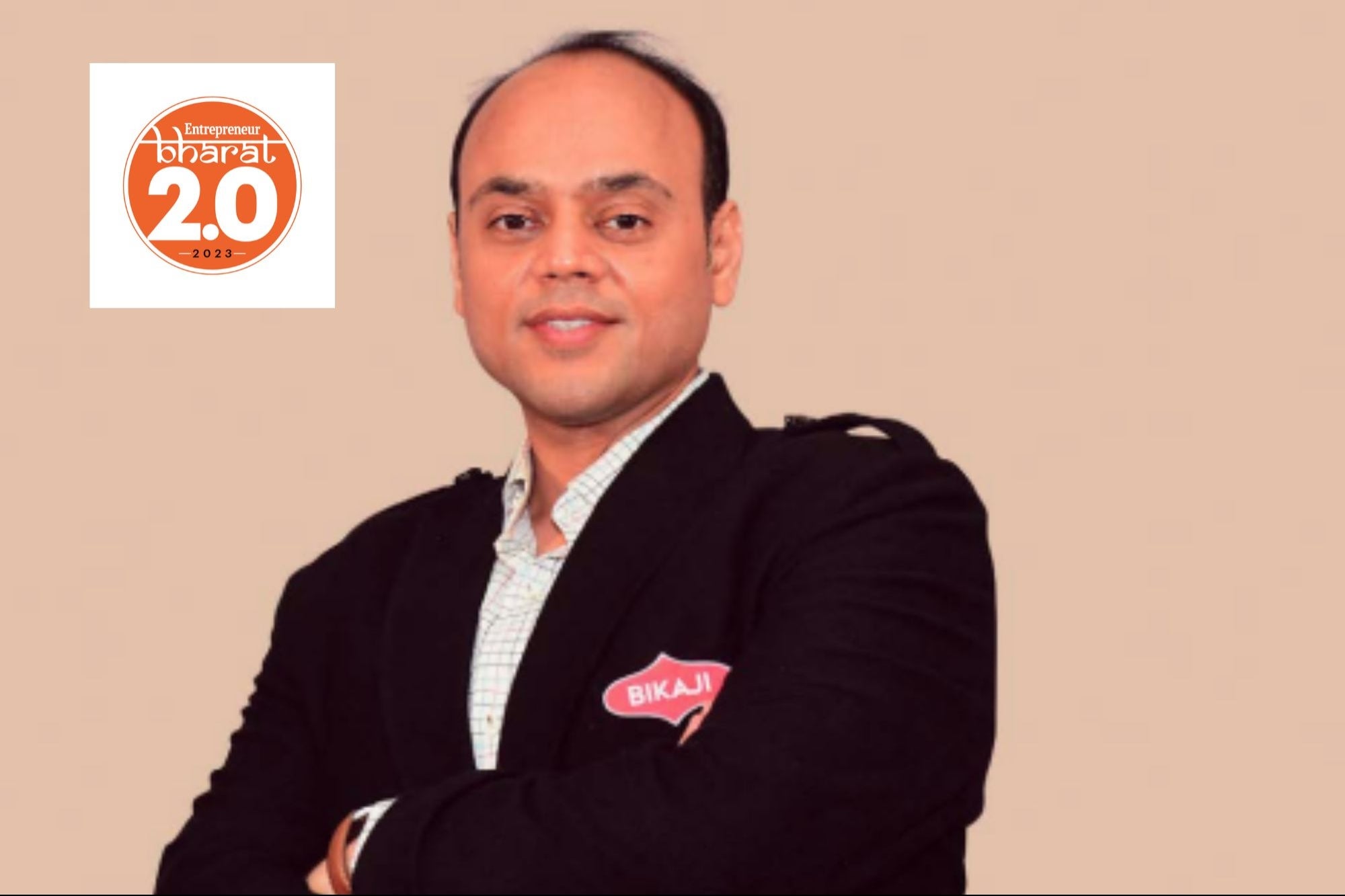Unicorns From Hinterland, A Distant Dream?India has 98 unicorns, but all or most of them have emerged from Tier 1 cities
通过S Shanthi•
Opinions expressed by Entrepreneur contributors are their own.
You're reading Entrepreneur India, an international franchise of Entrepreneur Media.

It has been less than three months since the beginning of 2022 and we have already seen 12 Indian companies join the coveted unicorn club. The government has also been lauding the startups that are reaching such levels. In fact, when last month, India added its tenth unicorn to the 2022 list, commerce and industry minister Piyush Goyal tweeted saying, "Another 'Kacha Badam' becomes 'Pakka' India adds its Tenth Unicorn in just 53 days."
However, if we look at the profile of these startups, we understand that most of the unicorns have emerged from well-established startup hubs such as Bengaluru, Delhi and Mumbai. We are also seeing several other cities such as Pune, Hyderabad, Chennai slowly emerging as unicorn hubs. However, only very few unicorns have emerged from Tier 2 and Tier 3 cities.
The Reasons
Experts say that one of the primary reasons is the availability of tech talent. "A key element for startups to grow is technology talent. This is imperative as unicorn valuations emerge when companies cater to large growing markets which can only be done through technology solutions. This tech talent, over the last few decades, has been breeding in Tier 1 cities," said Padmaja Ruparel, co-founder, Indian Angel Network and founding partner, IAN.
The reason talent has been available widely in Tier 1 cities is the migration of students to these cities for a better quality of education. Further, for many years, cities like Bengaluru, Mumbai, Pune, Chennai and Hyderabad have been the tech capitals of India where large Indian service companies such as Infosys, Wipro, TCS and Cognizant have set up shop. "Also, you have global tech firms namely Amazon, Google, Facebook and Microsoft that have set up large teams in these cities. This bedrock of talent is what comes out and starts companies. Hence, there is a concentration of unicorns in a few places," Rajiv Raghunandan, founding partner, Arali Ventures.
Even though many startup founders hail from smaller cities or towns, they had to move to Tier 1 cities for quality higher education. And, since the access to tech infrastructure and a startup ecosystem, which includes accelerators, VC funds, etc, is more evolved in Tier 1, it becomes easier for founders to have their head offices there. "The total funding raised by Tier 2 cities startups in the last six years accounted for approximately 2 per cent of the total funding raised by Indian startups. It is clear that for a company to become a unicorn, while underlying operational metrics are key, it is essential to have ready access to growth capital," said Ankur Bansal, co-founder and Director, BlackSoil.
The Changing Trend
Having said that, things are changing rapidly and India's Tier 2 and 3 towns are expected to become breeding grounds for valuable companies. "Not only is entrepreneurship becoming the top choice of career, but founders are now solving fundamental problems of Indian society: agriculture, education, clean energy, water, sanitation, logistics, etc. These problems are faced by a large number of people translating into a large customer base. Hence, we are seeing "soonicorns" emerge from these cities: providing "need" based solutions, at an efficient price point and enabled by technology. This creates the perfect model of solution delivered through a scalable model," said Ruparel.
Today, many places such as Jaipur, Indore, Kochi, Chandigarh are emerging as new startup hubs and many of them may soon become unicorns. Moreover, post the pandemic, several emerging startups have gone remote, which solves for the issue of talent availability. "Investors have also become a lot more comfortable with evaluating deals remotely in the pandemic, which removes the need for proximity to capital for startups," said Shruti Shrivastava, principal, Avaana Capital. The firm has recently invested in a hydroponics startup based out of Kota in Rajasthan.
"VCs are also more comfortable investing via Zoom rather than in-person meetings, and the VC landscape and mandate has become largely global now, more so than ever before," added Madhu Shalini Iyer, partner, Rocketship.vc.
Arali Ventures also believes that more unicorns will come out from Tier 2 and Tier 3 towns. "In the B2B world, we believe that digitization of traditional industry segments (e.g garments, textiles, leather goods etc) is a large opportunity and heavily investible. We think that a number of these segments reside in Tier 2 and Tier 3 towns and the entrepreneurs best suited to disrupt these traditional business models are those who have an understanding of these businesses and are close to it," said Raghunandan.
Solutions To Tap The Opportunity
India is the fastest-growing startup ecosystem in the world with over 63,000 registered startups and the potential is huge. However, more can be done. "Insurance companies, pension funds, public sector companies, etc. must invest a part of their reserves in startups and Venture Capital funds. Also, creating enabling tax & regulatory policies could help open up private pools of monies from high net worth individuals, family offices, corporates, etc. The US opened up these institutional pools of monies which was a major reason for the US to be the "Mecca of Entrepreneurship," says Ruparel.
她进一步补充说,重要的是使policies to increase mergers and acquisitions in the country, ease the sale of shares by removing the onerous requirement of Income Tax certificates. "And of course, while a solution for Angel Tax has been architected, its implementation can be improved and FMV issues not raised under other sections," she said.
Bansal added that to set up a more stable base for institutional investors in Tier 2 and Tier 3 cities it is imperative to establish a strong network of angel investors and incubators that help startups with their execution and attracting funding.













